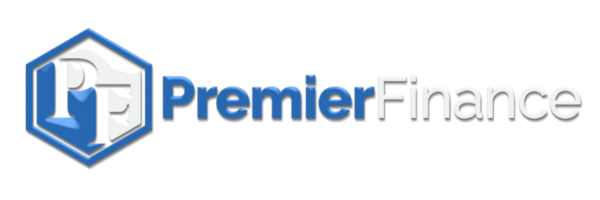Securing a self-employed loan can be a challenging endeavour for entrepreneurs. Traditional banks often have strict eligibility criteria that are not easily met. One of the primary reasons for loan rejections is the need of a permanent income. This is difficult for many self-employed professionals to prove.
Private funders have taken note of the distinctive financial needs of self-employed individuals and have proactively developed solutions to address them.These are business loans that don’t require collateral for approval.
In this article, we will explore why traditional banks often deny loans to self-employed people. We highlight the benefits of self-employed loans provided by private funders.
The Dilemma: Self-Employment and Traditional Banks
Self-employed individuals often face hurdles when applying for loans from traditional banks. Here are some of the reasons why traditional banks may hesitate to offer self-employed loans:
Requirement of Permanent Income
Traditional banks need a stable and permanent income when considering loan applications. This requirement poses a significant challenge for self-employed individuals. Their income often fluctuates due to the nature of their work. Self-employed professionals may experience variations in revenue. This depends on project cycles, seasonal demand, or economic factors. This irregular income pattern makes it difficult to assess the borrower’s ability to meet loan repayments.
Difficulty in Providing Conventional Documentation
Traditional banks often require extensive documentation for income verification. This includes multiple years of audited financial statements, tax returns, and employment contracts. Self-employed individuals may not have these documents readily available.
Security Requirement
Traditional banks need security for all business loans. This is primarily attributed to the risk associated with utilizing the funds in a business venture without any assurance of the outcome.
In addition, banks typically insist on a freehold property that is fully paid off and devoid of any mortgage. Or they can consider a debtor’s book, which is money owed to the business by clients.
Banks will grant a loan to the value of 50% of the asset. For a self-employed loan of R2 000 000- the entrepreneur will require an asset to the value of R4 000 000 for approval.
Self-employed individuals may struggle to meet the stringent asset requirement. This hinders their chances of obtaining a self-employed loan.
Unsecured Business Loans: Tailored Solutions for Self-Employed Individuals
Fortunately, private funders have recognized the financial needs of self-employed individuals. They have designed unsecured business loans to address these challenges. These self-employed loans offer tailored solutions and various benefits for entrepreneurs:
Flexible Eligibility Criteria
Private funders have more flexible eligibility criteria compared to traditional banks. These funders consider factors such as trading experience, VAT registration, and monthly turnover. This enables self-employed individuals with successful business operations. They have a fair chance at accessing the financing they need. It’s possible even without a traditional permanent income.
Loan Duration and Amount Aligned with Business Size
Private funders understand that self-employed businesses have unique financial requirements. They consider annual turnover for determining the loan duration and amount. This provides self-employed loans that align with a specific business size. It’s based on revenue generation and the business financial needs. Tailored self-employed loans are available to small and large registered businesses.
Stable and Predictable Interest Rates
Self-employed loans for entrepreneurs often come with stable and predictable interest rates. Traditional loans may be subject to fluctuating interest rates based on market conditions. Self-employed loans typically offer a fixed interest rate. Lenders charge from 1.7%-4.5% per month on the outstanding capital. This stability allows borrowers to plan their finances accurately. They can forecast their monthly repayments throughout the loan term. With a fixed interest rate, self-employed individuals can better manage their cash flow. This makes it easier to budget when repaying their self-employed loan.
Early Settlement Benefits
Private funders often provide incentives for early loan settlement to self-employed borrowers. An example is a penalty waiver for borrowers that repay the loan ahead of schedule. By offering such incentives, funders empower self-employed individuals. They can gain greater financial flexibility. Early settlement options also give borrowers the opportunity to clear their debts sooner. It reduces the burden of long-term repayments. This will reduce the interest charge on the loan facility. It makes a self-employed loan a more manageable financing solution.
Conclusion
Self-employed individuals face unique challenges when seeking loans from traditional banks. This is due to the need of a permanent income or security for a business loan. Yet, private funders have recognized this gap and have introduced self-employed loans. These are loans tailored to the needs of entrepreneurs. They offer flexible eligibility criteria. The loan terms are aligned with the business size. They provide stable interest rates, early settlement benefits, and streamlined application processes.
If you are a self-employed individual seeking financial help? An unsecured business loan can help you realise your business goals. Exploring these loans can be a valuable step toward overcoming financial hurdles. Remember to carefully assess your financial situation. Compare loan offerings and choose the option that best suits your business needs and aspirations.
At Premier Finance we can connect you with many private funders. Use our free service to save time and hassle searching for an unsecured business loan. We connect you with the most suitable lenders to help you close the gap in securing the funding you need.
Visit our unsecured loans page for more information.

